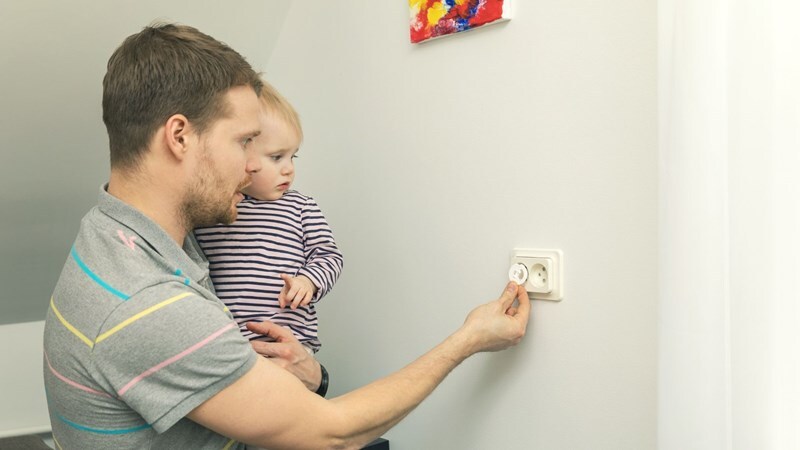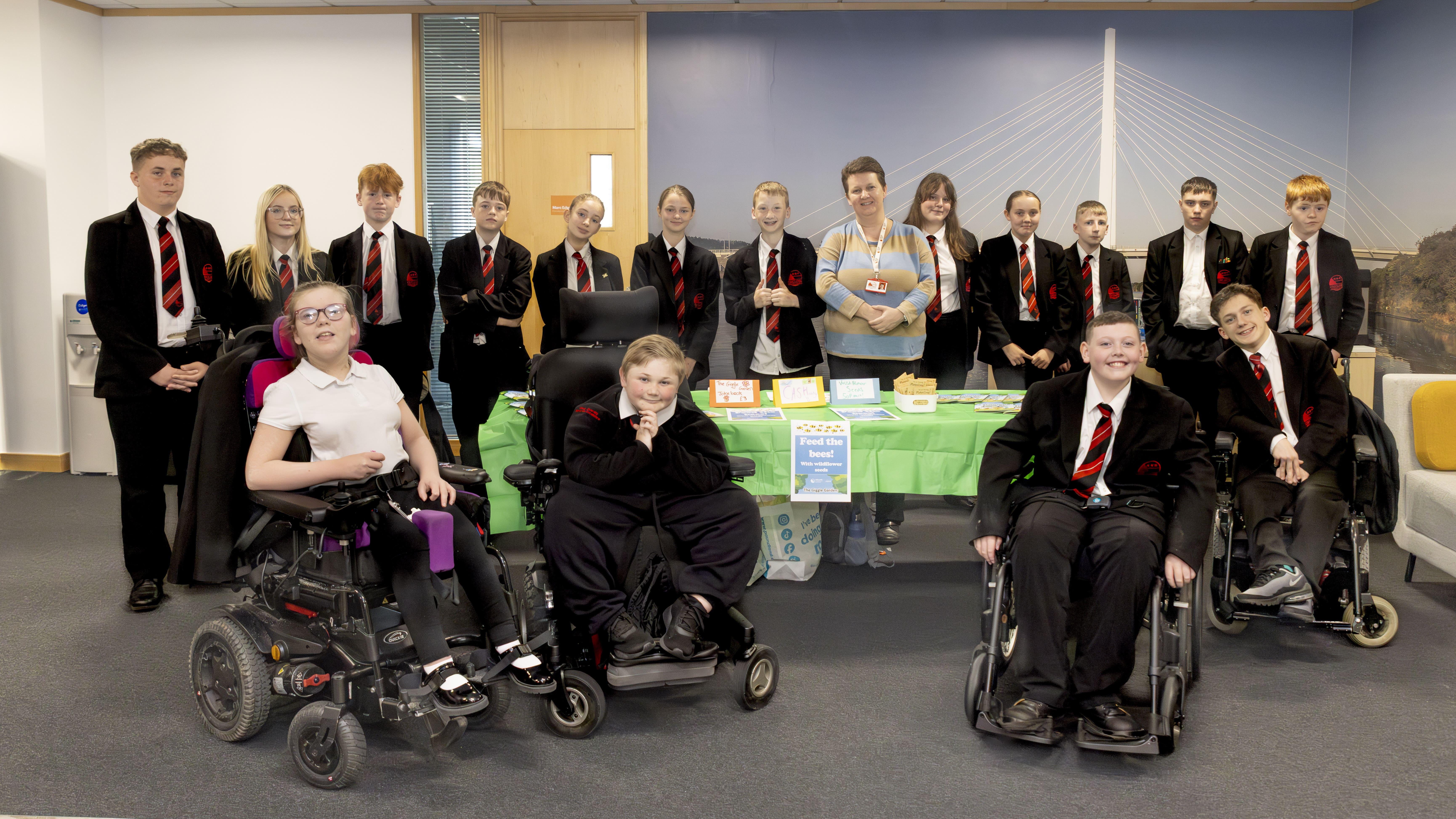This week marks National Child Safety week. We know children are curious and want to explore their surroundings, meaning accidents are common, and thanks to Child Safety Prevention Trust we’ve pulled together some simple top tips to help keep your children safe, whether it’s at home or out and about:
Road Safety
There’s a lot you can do as a parent or carer to ensure children are safe on the road, both as a pedestrian and in the car.
When crossing the road, remember to encourage the Green Cross Code and to stop, look, listen and think. The code can be taught to children from the age of five and is a great habit to get into to make children aware of the basic steps needed for crossing the road. Children won’t always remember the safety rules, so remember to lead by example on the road and only cross when it is safe to do so.
It’s advised to teach young children to hold your hand when walking to prevent them from running onto the road. It’s also great to ask them questions while out walking to help them understand and make judgements about the speed of a car and the distance of traffic when crossing.
When in the car, keep distractions such as mobile phones locked away in the glove compartment and be mindful of the speed you’re driving at. Also, make sure your child’s car seat is suitable for their height and weight.
Garden Safety
As we move into the summer months and more time is spent outside in the garden, it’s important to make this a safe place for children to play.
Garden tools should be locked away in a secure area like a shed to keep them out of reach of children. Chemicals such as weed killer and fertiliser should also be kept away from children and stored safely.
Paddling pools are great fun for when the weather is warm but remember to supervise children and babies around the pools to prevent any accidents. Pools should also be emptied when children have finished playing in them.
There is nothing better than a barbecue in the summer, but they can cause harm when not used safely. Be aware that barbecues produce carbon monoxide and it's important to not take these into a house, tent, caravan or any inside space. Both gas and disposable barbecues stay hot enough to cause a serious burn, even after you’re done using them – remember to keep these away from children and to dispose of them properly.
Fire Safety
Fire risks are present every day but there are steps that can be made to prevent them.
Lighters should be stored on a shelf rather than in a drawer, as objects in the drawer can press against the handle and cause it to smoke or ignite.
Hairstyling tools like straighteners and curlers should be stored safely once finished with and out the reach of children. Heatproof mats can be used for when the hair appliance is cooling down to prevent burning any surfaces.
Don’t overloaded electrical sockets and extension cords as this can easily start a fire. Remember to keep plugs in separate sockets or use electricals at different times.
Avoid running your washing machine, dryer or dishwasher during the night in case it has an electrical fault while you are sleeping.
Prevent Falls
Every day, 45 children under five years old are admitted to hospital due to a serious fall. For children aged five-14, around 27,000 are admitted to hospital following a serious fall. Falls are one of the most common causes of accidents for children and there are some ways to prevent them.
Take care not to put furniture in front of your child’s bedroom window to avoid them leaning out. If you can, have safety locks fitted on the windows.
For trampolines, use safety nets and pads as having an enclosure around the open space prevents children falling or bouncing off. Choose a safe location in the garden and avoid areas where there are trees, washing lines, poles and glass frames.
If carrying your child up and down the stairs, keep one hand on the rail to keep steady. Safety gates can be fitted on the staircase to prevent your child falling down the stairs.



